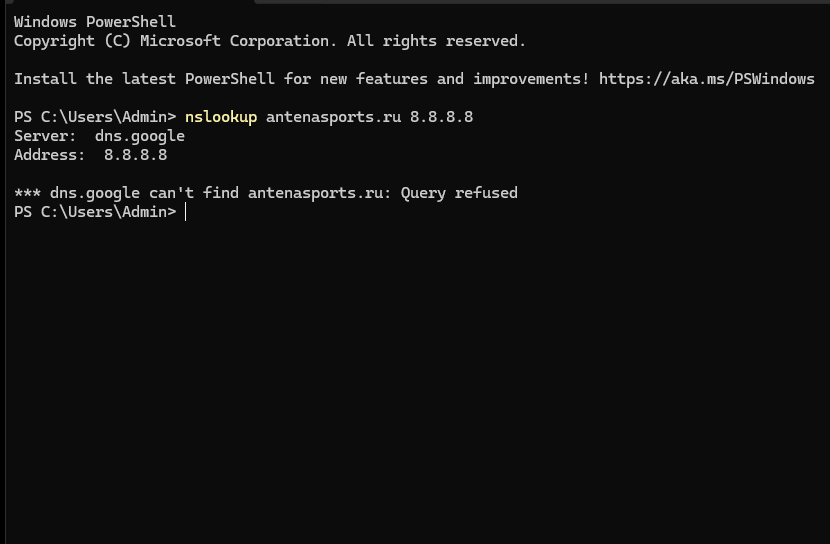Telegram

Pavel Durov, the CEO of the popular "messaging app" Telegram, was arrested in France on August 24th while traveling through Le Bourget airport. Durov's arrest has sparked a wide-ranging debate about content moderation, encryption, and the extent of legal jurisdiction over tech companies operating beyond their native borders.
Telegram offers features that go beyond typical messaging apps like Signal, iMessage, or WhatsApp. Its channels, which function similarly to online forums or Twitter feeds, allow for large-scale communication and have attracted criticism for a lack of stringent content moderation.
The platform is widely used for sharing war-related content, largely due to its relaxed moderation policies, a stark contrast to platforms like Facebook that enforce rigorous content controls. This hands-off approach has also made Telegram a common venue for illegal activities, such as the distribution of pirated content and stolen data.
Durov, a Russian and French national, built his initial fortune by founding VK, a popular Russian social media network often compared to Facebook. He left VK in 2014 after facing pressure from the Russian government, subsequently obtaining citizenship in St. Kitts and Nevis, France, and the United Arab Emirates. He currently resides in Dubai, where Telegram is headquartered.
Durov acquired French citizenship through a provision in the French Civil Code that grants citizenship to individuals who contribute significantly to the country’s cultural or economic standing. This initiative, encouraged by French President Emmanuel Macron, aligns with France’s ambitions to establish itself as a major tech hub in Europe.
France’s legal system includes investigative judges who play a crucial role in handling complex crimes. These judges, are specially trained to oversee and direct investigations, embodying a distinctive aspect of the French judiciary. In the Durov's case, it would appear a French investigative judge had ordered his arrest for questioning on a number of cases involving Telegram-bassed criminiality.
On a legal note, France imposes criminal liability on platforms, when illegal content is permitted to circulate unimpeaded by the requried reporting mechanisms, which includes removal and prompt notification to national prosecutors. This approach contrasts with American jurisprudence that shield platforms from liability for user-generated content.
A high-profile example from the United States, the case of Backpage, a classified advertising website shut down for facilitating human trafficking, highlights the limits of legal protections that prevent holding platforms accountable for content-related liabilities.
Some have noticed that Durov and his firm are accused of importing an encryption technology without prior declaration. This system of prior declaration serves as a notification to competent authorities that a new encryption technology is being used within French borders, presumably to help competent authorities ensure the technology is being used lawfully and that it is vertiably secure. Nevertheless, this relatively administrative procedure, has been seen by some in Silicon Valley as an "attach on privacy".
In a broader geopolitical context, it is no secret that US aims to maintain a dominant position in the global technology sector, leaving some to worry that Durov's arrest is an attempt to shutdown the main competitor to American ran messaging apps like Whatsapp or Signal. Perhaps, it is true that a move against Meta or Apple by a French investigative judge might have been viable, but then again these companies do seem to at least attempt to comply with French law. Which leaves one to wonder, since when has complying with the law become contreversial? Oh that's right, since tech companies decided it suits them.




